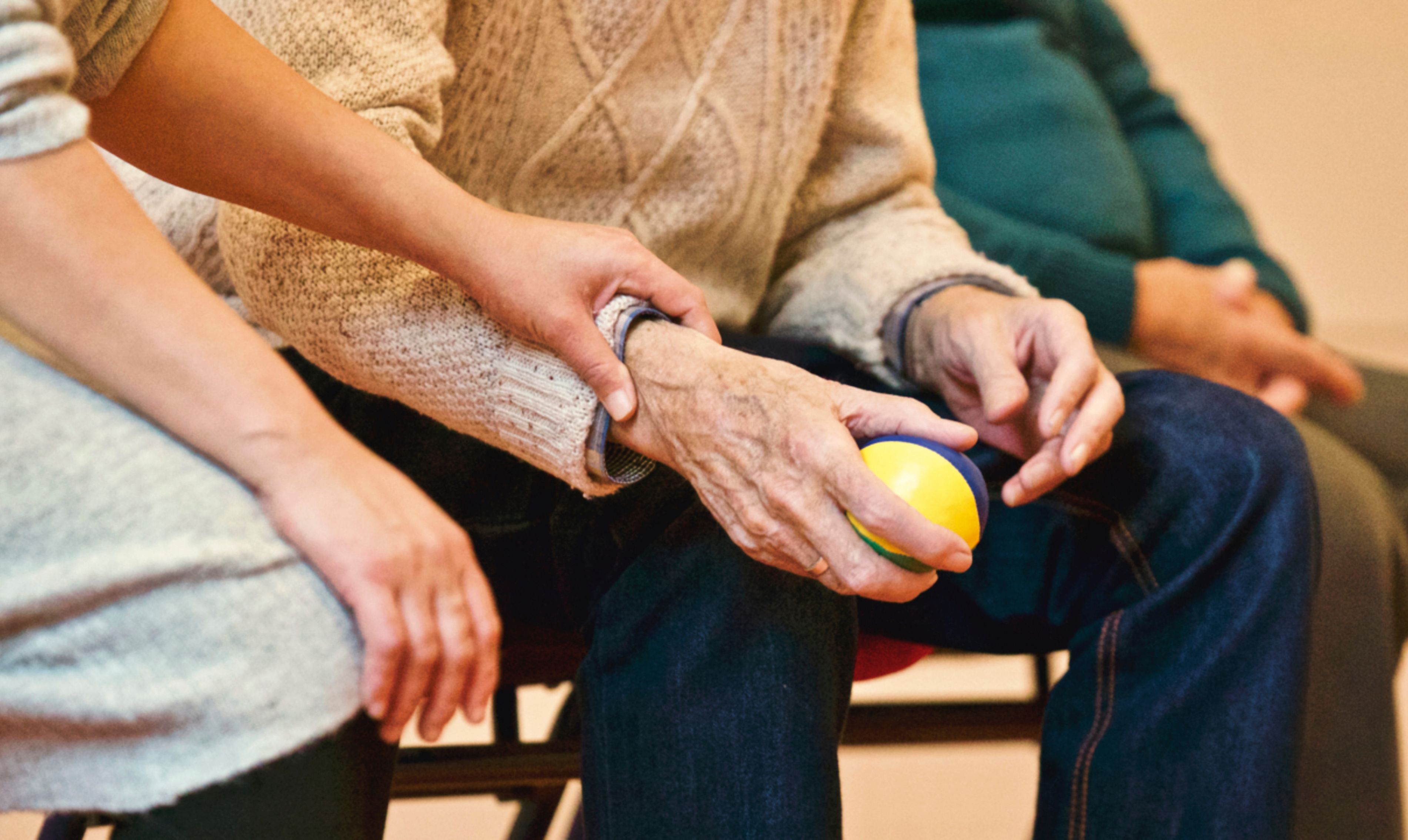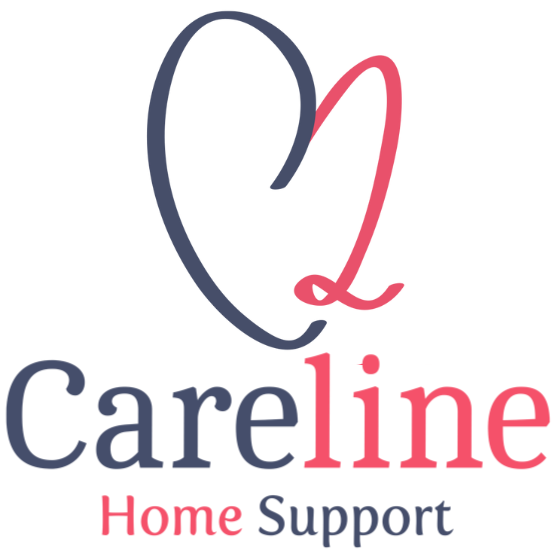.
Maybe you are finding it increasingly difficult to manage your household chores—like washing, cooking, and cleaning and it’s starting to take a toll on both your body and mind.
Maybe you catch yourself sitting in the living room, lost in thought, without any idea of how much time has passed. You may be feeling more alone than you’d like, wondering about what others are up to, but hesitant to bother them with a call.
Perhaps you visit shops just to be around people, but the people around you all seem so preoccupied with their own busy lives, jobs, and daily stresses. This isn’t something you should have to endure.
You have the right to look forward to your day, the right to connect with others and feel loved.
Here’s an eye-opener:
More and more studies show that loneliness is more likely to kill you than smoking! It could potentially be the largest silent killer, as it gradually creates an underlying stress. It is a subconscious stress of not being part of a community.
Throughout history, people have relied on one another to survive, and you’re no exception. You need that connection. If you don’t take steps to change this, nothing will improve.
You can’t fight against millions of years of evolution, and you can’t think your way out of loneliness and it is NOT your fault. You must take action to fix it. Your life could be radically different just one week from now if you act quickly.
By taking action now, you could have a new person in your life—a kind, friendly, non-judgmental support worker. You could go shopping together, take walks in the park, and if you want, they’ll help by tidying the house, help you take any medication on time, or even help with personal care like washing and bathing, all while chatting about anything you like.
You can either stay in and watch TV together or go out and do something you enjoy. They are there to support YOUR independence. Mary-Ann has allowed us to share her story in the hopes that it might save another life.
Mary-Ann lived just 25 minutes outside the city, with two grown children who adored her, and she loved them back.
Her children had fulfilling jobs in the city and loving partners, and Mary-Ann was incredibly proud of them.
They visited her regularly—or so they thought—at least once a week, sometimes even twice.
They would take her out or help her get her house in order. Mary-Ann was perfectly capable of handling things herself, and they knew that, but they enjoyed feeling useful, and Mary-Ann cherished their company.
However, over time, she began to struggle with falling asleep. Instead of resting, she kept herself busy. Some days, she felt an unexplained unease. She had nothing to worry about, yet she did.
Then, she started getting irritable or stressed about things that wouldn’t normally bother her.
One day, while trying to decide what to have for dinner, the room seemed to close in on her. Her breathing became difficult, and her throat felt like it was tightening. She felt like her heart was pounding out of her chest—she felt like she was having a heart attack. She dialled 999 and was rushed to the hospital.
She doesn’t remember what happened after that, but lying in the hospital bed, and after a lot of questions, the doctor explained it was a panic attack, something common in people who feel lonely.
Mary-Ann didn’t think she was lonely. Her children visited regularly, and she spoke to her neighbours. Even the postman would wave at her through the window.
What she didn’t realise was that she lacked a genuine, consistent connection with anyone other than her children. The doctor explained that if things continued like this, there was a good chance she could develop any number of medical problems like high blood pressure, or Alzheimer’s. Then who would care for her? She didn’t have the means for a care facility, and her children couldn’t be there around the clock.
So she took action once she got home.
Mary-Ann called us and hired a caregiver called Sarah. Sarah started by visiting twice a week for a couple of hours each time. She would tend to whatever needed to be done around the house, and if Mary-Ann felt up to it, they’d take a walk, admiring flowers or birds.
They developed a close bond, and they both eagerly anticipated their time together. Mary-Ann’s stress and anxiety vanished completely. She increased the visits to five times a week, and they continued the indoor and outdoor activities they both enjoyed, depending on the weather.
Since Sarah didn’t work on Tuesdays, Katy visited instead. Mary-Ann used to be a dressmaker, so Katy brought her college homework, and they worked on it when they weren’t out and about.
Mary-Ann is certain that hiring support workers saved her life. She acknowledges that her health is declining, but she insists she still feels free and independent, and can’t wait to meet her first grandchild in the winter.
If you think hiring a support worker might be beneficial for you, here’s what you can expect:
You’ll have the opportunity to meet and select the support worker assigned to you. You’ll only pay for the hours they spend with you, and you can decide how many hours you want each week.
You have the power to choose who visits you, when they come, and what tasks you’d like them to assist with. You can decide how to enhance your independence with their support and can make changes whenever you want.
There’s no long-term commitment, so you can cancel or change arrangements at any time.
They are fully qualified and equipped to help with anything you need, from household chores to personal care like cleaning, bathing, and medication management.
They are trained in all health and safety certifications, including medication administration and safe moving and handling procedures, ensuring you are in capable and experienced hands. You can request assistance with anything from grocery shopping to 24/7 in-home support.
The choice is yours.
You can continue on your current path, or you can opt for something new and liberating.
If you click “EMAIL NOW” (just below) send us your Name, Postcode and Contact Phone Number and we’ll reach out to you and let you know if we have any caregivers available in your area.
Or if you’d like to ask if we have anybody available just call the number below and we will let you know.
From there, you can decide what you’d like to do.
or Call
0141 423 4689


